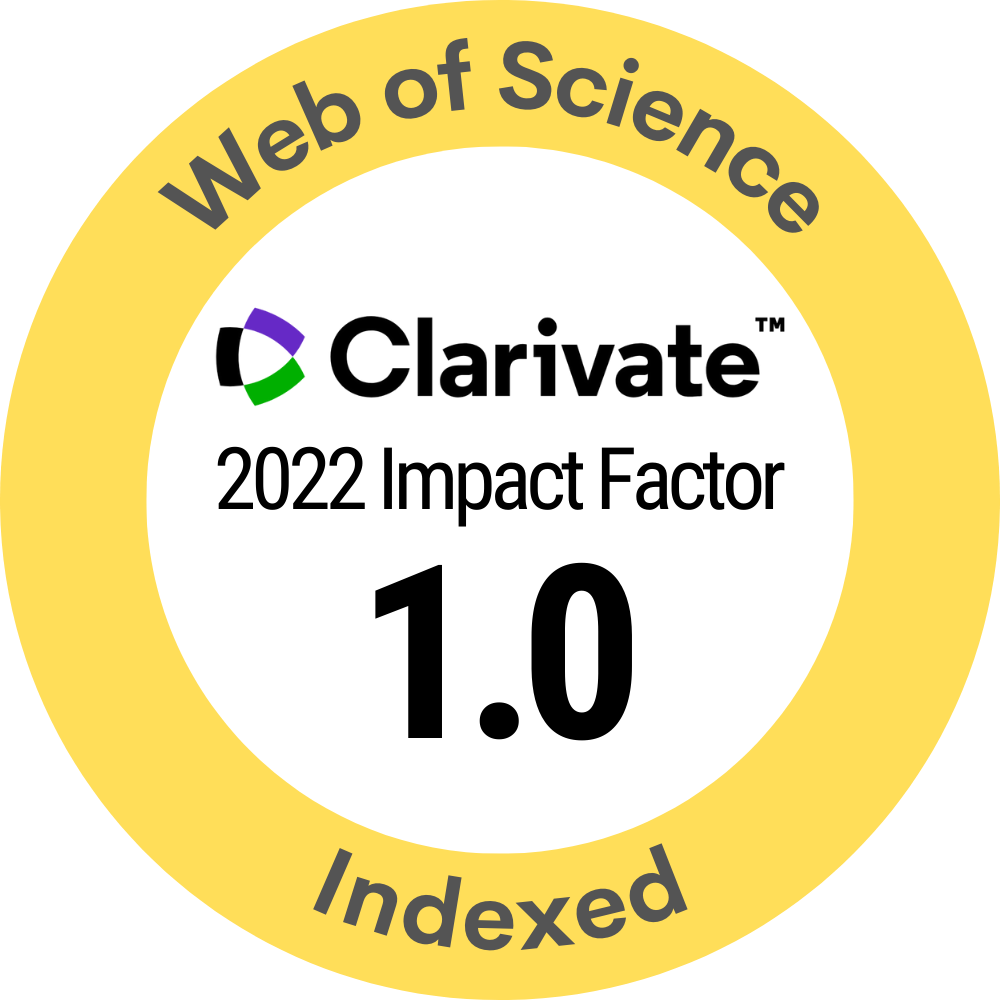Design and Development of GRF Aqua Silencer by E-Glass Composite for Reduction of Noise and Particulate Matter in Automotive Diesel Engine
DOI:
https://doi.org/10.15282/ijame.15.4.2018.18.0455Keywords:
Aqua silencer; GRF composites; noise; particulate matterAbstract
As per the recent statistical data, the consumption of fuel has increased from 1965 to 2012 at a very high rate. Earlier, we used to relay mostly on coal for running steam engines, and with the advancement of technology, this switched over to gasoline, diesel, natural gas and alternative fuels. Most of the emission coming from automotive engines was the main contributor to air pollution. An Aqua silencer composed of E glass-based composite was introduced to avoid the release of such gases directly into the atmosphere from diesel engines. It was manufactured using core moulding and vacuum bagging technology and was fitted to the exhaust pipe of the diesel engine to treat the toxic gasses before releasing to the atmosphere. Other than reducing the regulated emission, it also reduced particulate matter significantly. The particulate matter was reduced using an activated charcoal layer. The noise and particulate level were found to be less by 40 and 93% respectively when compared with the conventional silencer. Besides this, it has ease of installation. The current paper discussed the utilisation of this innovative mechanism in automobiles and its contribution to various fields such as refineries and chemical processing units.







